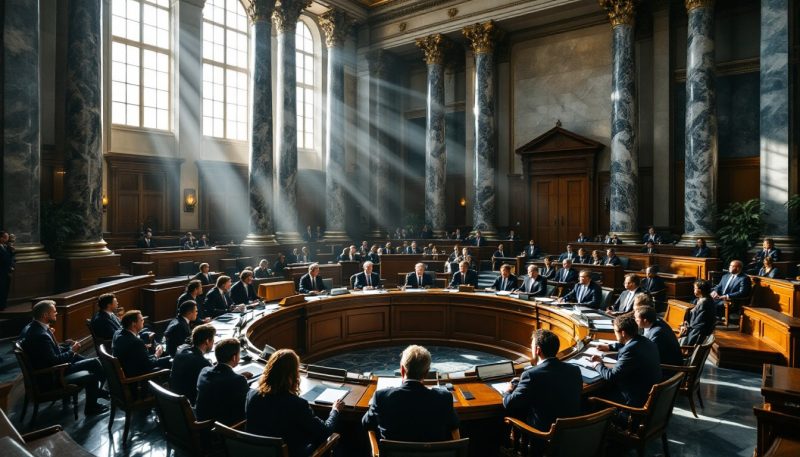R Gandhi vs Secretary Government: Understanding Government Liability in Tort Law
The case of R Gandhi vs Secretary Government addressed a fundamental question: Can the government be held liable for damages caused by the negligence of its employees? This case examined the extent of governmental responsibility under tort law, particularly referencing the Government of India Act, 1858.
Table of Contents
ToggleThe Court’s Decision
Chief Justice Sir Barnes Peacock held that the government is liable for negligence just as a private employer would be. The court awarded damages of Rs. 350 for property loss due to the negligence of a government servant. This decision established that the government could be held accountable for the negligent acts of its employees, marking a significant moment in Indian tort law.
Sovereign vs. Non-Sovereign Functions
The case also highlighted the distinction between sovereign and non-sovereign functions in determining government liability. The Supreme Court later clarified that the state is not liable for acts done in the exercise of sovereign powers, such as police actions. This distinction is crucial in understanding when the government can be held liable for the actions of its servants.
Implications for Tort Law
The R Gandhi vs Secretary Government case set a precedent for holding the government accountable for negligence in non-sovereign functions. It reinforced the principle that the government, like any private employer, has a duty of care towards individuals and can be held liable for breaches of that duty. This case continues to influence discussions on governmental liability in tort law.
Conclusion
The R Gandhi vs Secretary Government case was a landmark decision that clarified the extent of government liability in tort law. By establishing that the government can be held accountable for the negligent acts of its employees in non-sovereign functions, the case has had a lasting impact on the legal landscape in India.



